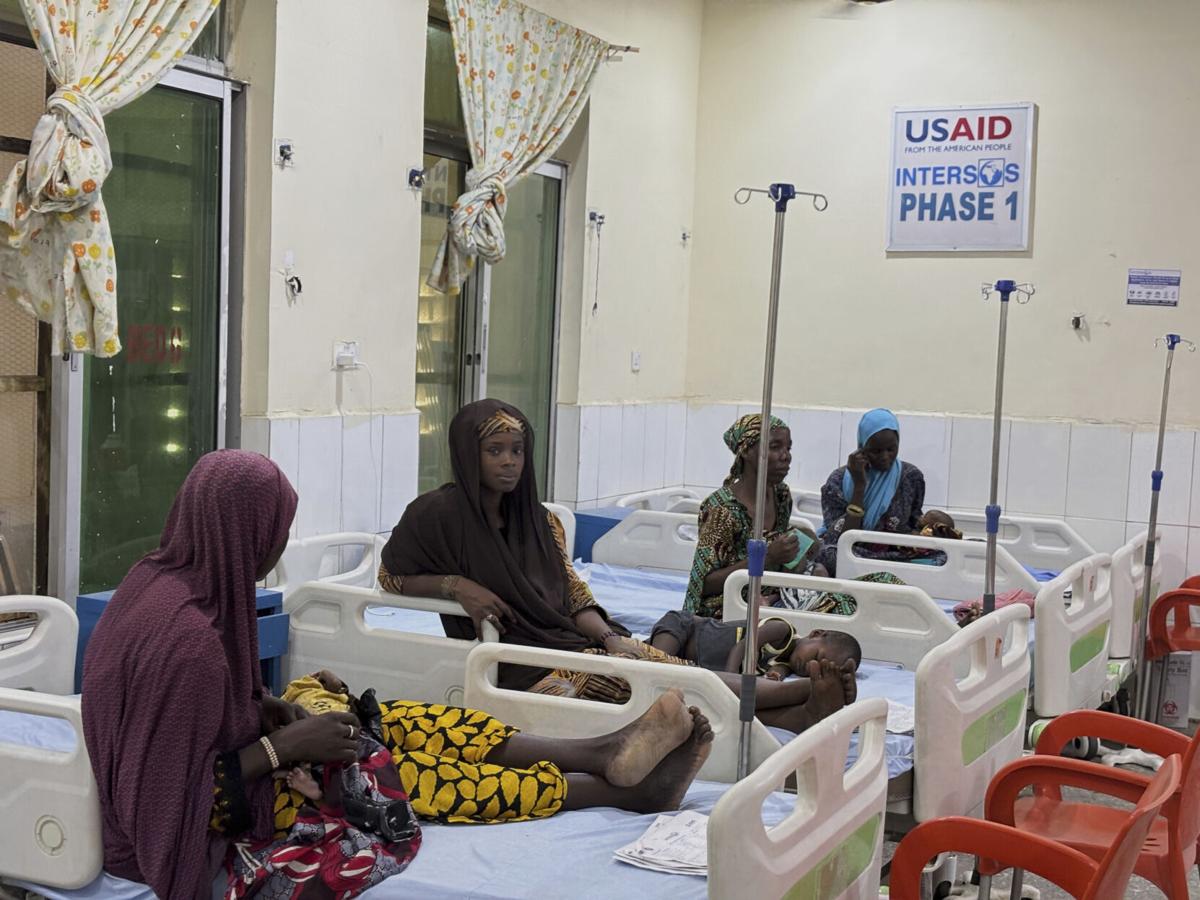I recently returned from Washington, D.C., where I joined Bread for the World’s 50th anniversary celebration and Lobby Day. Bread for the World is a faith-based organization that urges us to move beyond direct service to hungry people. In addition to essential food pantries, soup kitchens and mission gardens, we need to raise our voices in the halls of Congress and urge lawmakers to enact policies and programs that address the root causes of hunger.
Bread for the World generates tens of thousands of letters to Congress every year through “Offerings of Letters” in churches across the country. As a member of decades’ standing, and the leader of a local chapter, I have seen the results of that work. In 1974, 15 million children around the world died from hunger-related causes. Today it is 3 million, and we had been looking at the end of extreme hunger by 2030. The United States was a leader through all these years, in partnership with other advanced economies, in programs that transformed the most extreme hunger and poverty that took so many lives.
People are also reading…
That legacy is endangered now, along with countless lives, by the reckless cuts to global food and health care programs currently moving through Congress.
Those programs have a long, successful history. For example, about 25 years ago, Sens. Bob Dole, a Republican, and George McGovern, a Democrat, conceived the McGovern-Dole International Food for Education and Child Nutrition Program. Commodities purchased from American Farmers were used to create school lunch programs in thousands of villages in the poorest countries, where children suffered from malnutrition.
As a result, school attendance, performance and completion improved dramatically, and families even sent their girls to school. These girls then married later, started childbearing later in life, and had healthier babies. Experience in developing countries has always shown that educating girls has wide ripple effects. They almost always prioritize their families, making sure their own children are well nourished, go to school, and get health care. Families prospered, whole communities prospered, and the programs, once established, were turned over to their own local and national governments.
And people continued to purchase American food and other products as their countries’ economies grew. America always benefits from building these strong relationships, and we ourselves become more prosperous and build a safer and more peaceful world for all.
Other programs enacted by Congress engendered even more momentum in the fight against hunger and poverty. The George W. Bush administration created The Millennium Challenge Accounts, which helped the poorest countries with economic development; Feed the Future, initiated under Bush and finalized by President Barack Obama, trained farmers in agricultural techniques.
PEPFAR, The President’s Emergency Plan for AIDS Relief, another Bush administration program, provided medications against the AIDS virus and was given to HIV-positive pregnant women, saving 5.5 million babies from being born with the disease. PEPFAR has saved 26 million lives over the last 21 years. All these efforts were under the umbrella of USAID, The US Agency for International Development.
These are things that made America great, admired, and even loved — generosity, compassion, expertise and leadership in solving the world’s most pressing problems. Until now, these lifesaving programs had enjoyed strong bipartisan support. Funding for this work has consistently been less than 1% of the federal budget. The benefits reaped from such a tiny investment are astonishing.
I was horrified to see so many programs decimated this spring as our country has started abandoning its role as a global leader and champion for nutrition, health care and economic development.
I am appealing to individual congressional Republicans to take a stand within their own party to save these programs. The House has already passed a budget reconciliation bill, as well as President Donald Trump’s rescission bill confirming all the cuts made by DOGE this spring, but there will be opportunities to restore that funding in the Senate.
Let us not condemn millions of babies to horrible deaths from AIDS, and millions more to death by starvation. I do not want to return to 15 million child deaths a year. I cannot believe this is the legacy our representatives want to leave the world from their work in Congress.












